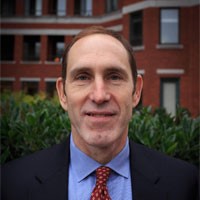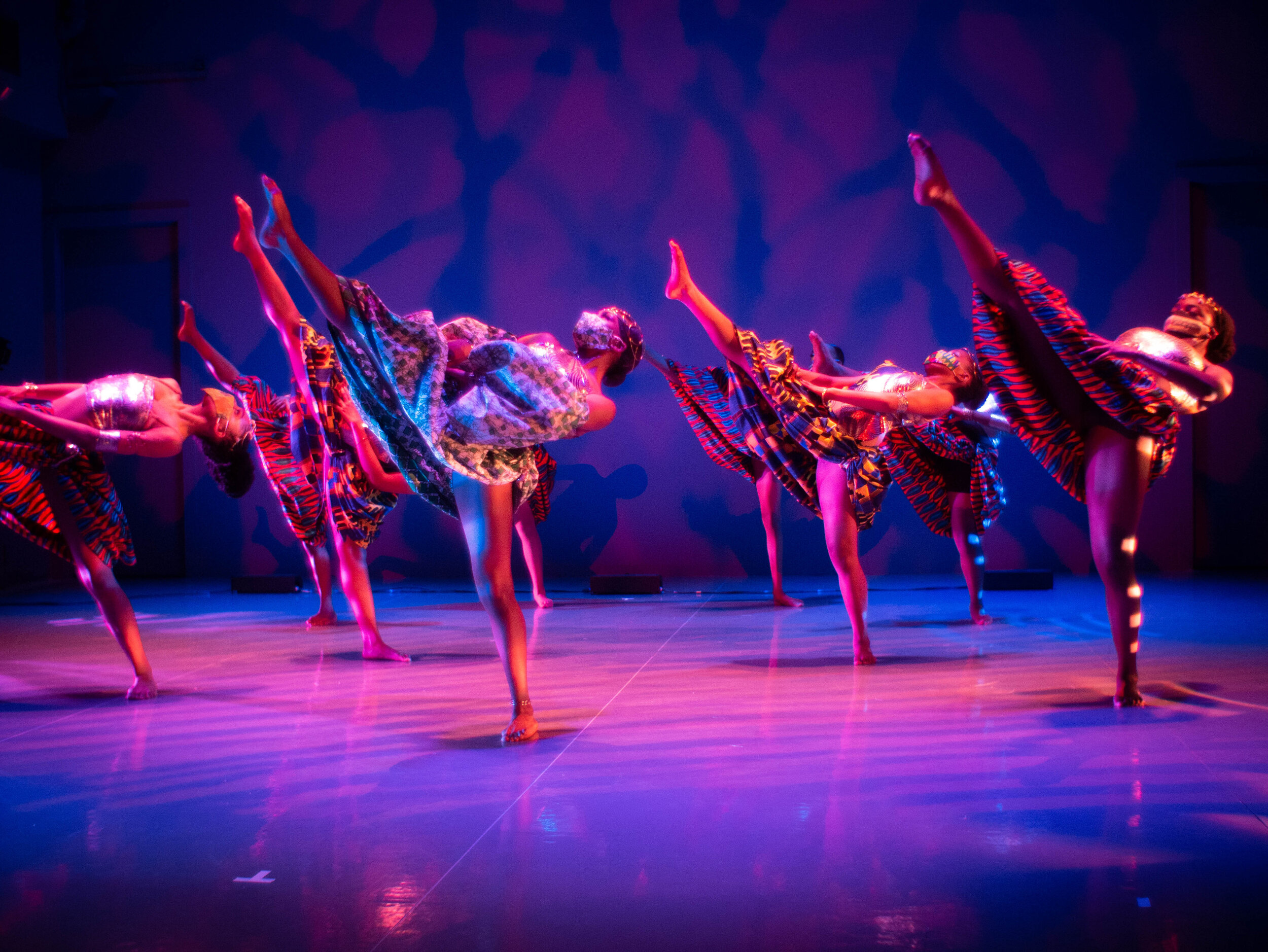This fall, we welcomed Sarah Moore Johnson to our Board of Trustees and bid farewell to two long-standing members: Kenny Emson and Mary Pat Alcus. As a warm welcome and thankful tribute, we share their stories below – and celebrate what makes each one of them an invaluable part of The Community Foundation family.
Fueling the Power of Disruption
Sarah Moore Johnson, our newest Trustee, is a passionate champion for racial justice. As a tax and estate planning attorney, she leverages her positions of influence to advocate for racial equity and inclusion.
“I’ve been troubled by how under-represented Black and Latinx communities are in the wealth planning industry,” Sarah says, “and I see a connection between this and the racial wealth gap. Tax policy can be a means of restorative justice.”
As co-chair of The Community Foundation’s Professional Advisor Council, Sarah was inspired by the organization’s focus on racial equity - and knew she must get involved. She joined the Board of Trustees this fall, and hasn’t looked back since.
“I believe in the power of disruption,” Sarah says. “The Community Foundation is positioning itself as an innovation lab for ideas which disrupt the racial wealth gap. It’s exciting to collaborate with talented people who share the same goals.”
Sarah is a founding partner of the law firm Birchstone Moore LLC, and immediate past president of the Washington, DC Estate Planning Council, where she established its Diversity, Equity and Inclusion Task Force. She’s also spoken out publicly in support of H.R. 40, the House Bill to study reparations for African Americans - and is working with Howard University’s law school to develop an externship program for underserved Black and Latinx communities.
We’re thrilled to welcome Sarah to the board, and look forward to partnering with her to advance racial justice in our community, and beyond.
A Legacy of Impact
“Proud, honored, and excited.” These are the words Kenny Emson, former Community Foundation Trustee and staff member, uses to describe his service.
Emson, who just concluded six years of service on the board, also worked on staff from 1990-2011. During his 20-year tenure as staff, he was Director of Finance, Chief Financial Officer, and Chief Development Officer, helping grow The Community Foundation’s assets from $15 million to $350 million.
Current staff member Silvana Straw, who joined the organization around the same time as Kenny, salutes his deep expertise and passion for the work:
“Kenny’s strong financial and development expertise, work ethic and people skills, along with his genuine care for the community, is a very important part of The Community Foundation’s success story. He gave so much through the decades, and worked hard and had fun doing it. He was truly mission-driven.”
Kenny will continue to support The Community Foundation through donor stewardship and cultivation. He hopes cultivating additional investments will help propel the organization’s new strategic focus on closing the racial wealth gap.
“My hope (and expectation) is we have just started to scratch the surface,” he says. “I believe The Community Foundation is well-positioned to achieve the growth required to help our community bridge the racial wealth gap.”
Thank you, Kenny, for your words of support and tireless years of service. We will miss you at The Community Foundation - but look forward to nurturing our continued friendship.
Kenny Emson (far left, back row) and Silvana Straw (far right, front row) joined The Community Foundation staff together in 1990.
Kenny Emson (right) pictured with our former CEO Bruce McNamer (center) at the 2019 Celebration of Philanthropy.
Head (and Heart) First
Mary Pat Alcus was first introduced to The Community Foundation in 2008 through the mother-daughter giving circle in Montgomery County. A friend invited her and her daughter Claire to join - an experience she says “opened a whole new world.”
Soon after, Mary Pat joined our Sharing Montgomery Grants Committee and the Montgomery County Advisory Board. In 2013, she became a Trustee, eventually chairing the Investment Committee and serving on the Professional Advisors Council, along with other special committees.
“We discovered when Mary Pat makes a commitment, she dives in head (and heart) first,” says Anna Hargrave, Executive Director for Montgomery County at the Greater Washington Community Foundation.
This fall, Mary Pat concluded eight years of board service, with 13 years of volunteering with the organization overall. For her, contributing a professional skill set as an investment advisor was especially meaningful - and helping directly impact the region by providing donors with strong investment results and more philanthropic funds.
“I hope I have demonstrated to my peers that the time, talent and treasure you put into The Community Foundation is deeply rewarding,” says Mary Pat. “I’ve learned so much about the community and its most pressing needs.”
We will be forever grateful to Mary Pat for all the ways she has advanced our mission and impact throughout the community. She truly is a champion of The Community Foundation.
Mother-Daughter Giving Circle donors Mary Pat Alcus (left) and Susan Freed worked with The Community Foundation to establish a legacy of giving–especially giving locally–in a new generation of young women.


























